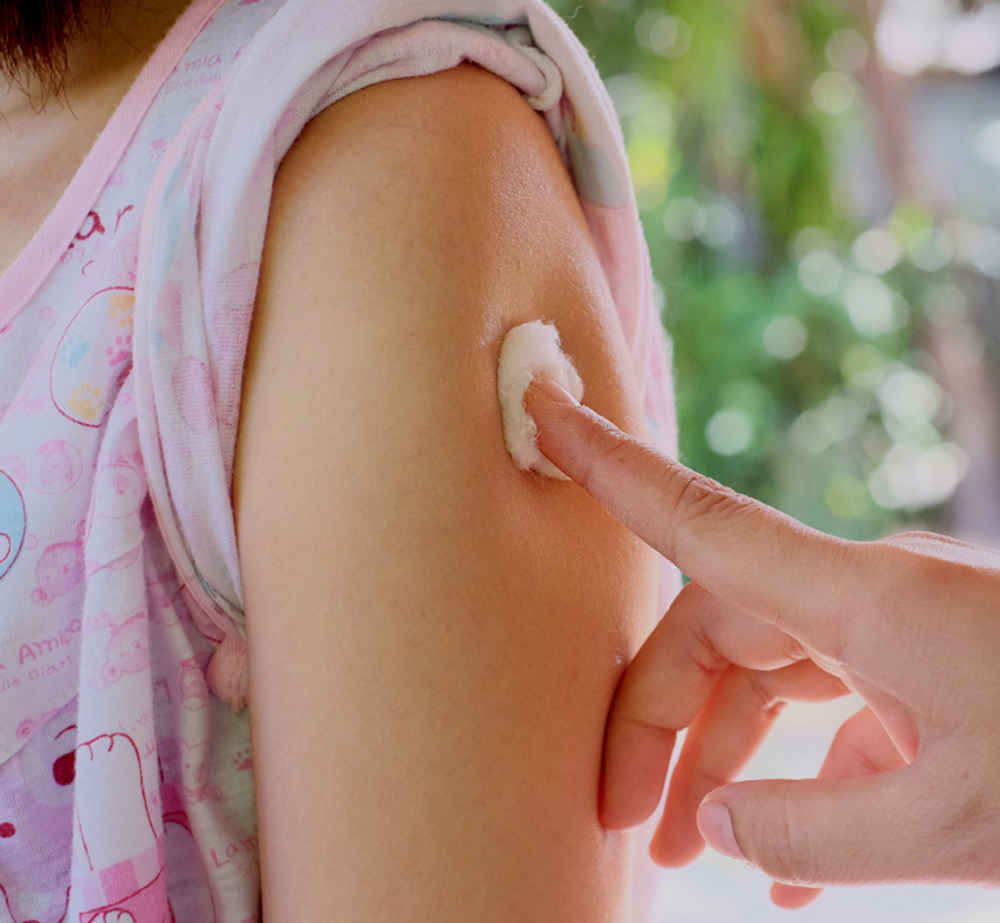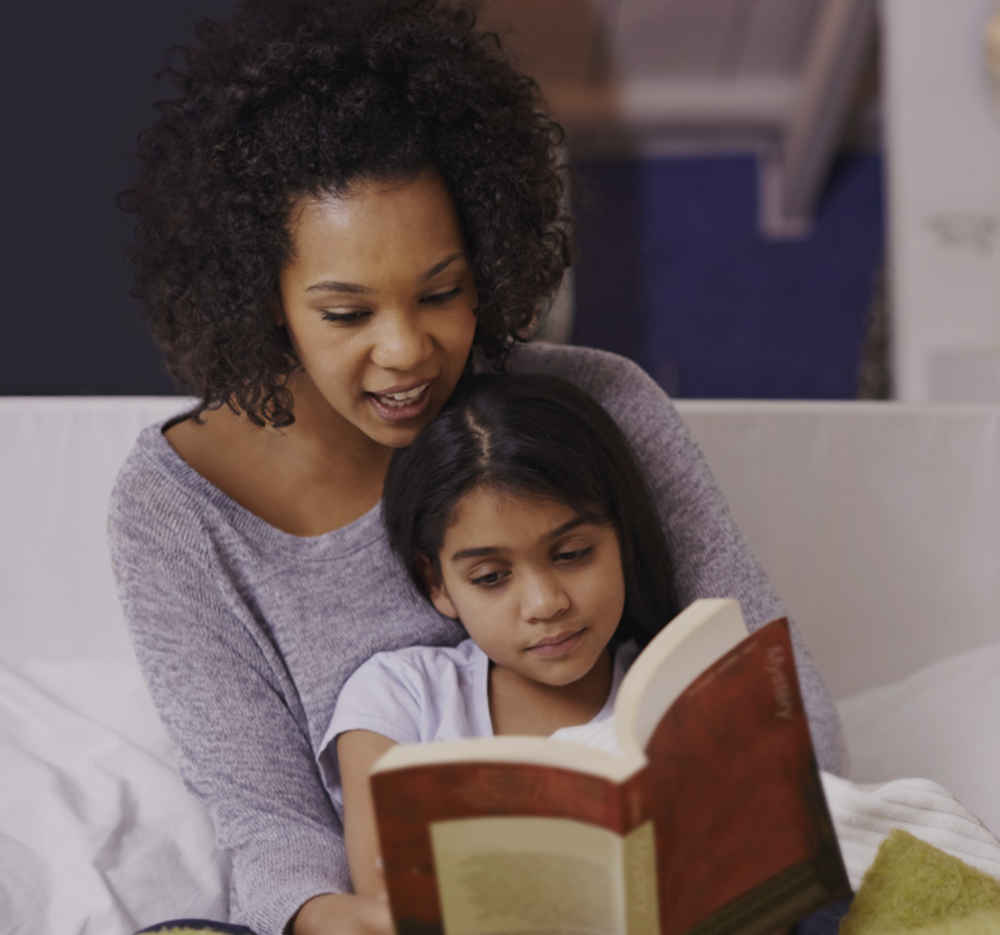410-721-2273
Pneumonia
What is pneumonia?
Pneumonia is an infection of the lung that causes fluid to collect in the air sacs (alveoli). Symptoms include:
- labored breathing
- rapid breathing
- sometimes painful breathing
- coughing
- fever, sometimes with chills.
Most rattly breathing is not pneumonia. Your child needs to see a healthcare provider to check if he or she has pneumonia.
What is the cause?
Pneumonia may be caused by viruses or by bacteria.
Viral pneumonia is usually milder than bacterial pneumonia. Bacterial pneumonia tends to occur more suddenly and cause higher fevers (often over 104°F, or 40°C).
Pneumonia is usually a complication of a cold. Although colds can be passed from person to person, bacterial pneumonia is not considered contagious.
How long does it last?
Before antibiotics were available, bacterial pneumonia was dangerous. With antibiotics it improves within 24 to 48 hours. On the other hand, viral pneumonia can continue for 2 to 4 weeks. Recovery from viral pneumonia is gradual but complete.
Most children with pneumonia can be cared for at home. Admission to the hospital for oxygen or intravenous fluids is required in less than 10% of cases. Most children admitted to the hospital are young infants or children whose lungs are extremely affected (as shown on an X-ray).
Recurrences of pneumonia are rare.
How can I take care of my child?
Antibiotics
Children with bacterial pneumonia need an antibiotic. Your child's antibiotic is_____________________________. Give ______________ every ______ hours. Continue the antibiotic for ______ days. Give the medicine even if your child is feeling better.
Only bacterial pneumonia is helped by antibiotics. Antibiotics will not kill viruses. However, your child's provider may start him on antibiotics because it is often not possible to know if pneumonia is caused by bacteria or a virus.
Medicines for fever
Use acetaminophen (Tylenol) or ibuprofen (Advil) for fever (over 102°F, or 38.9°C). This can be repeated every 4 to 6 hours. These medicines can also help chest pain.
Warm fluids for coughing spasms
Coughing spasms are often caused by sticky secretions in the back of the throat. Warm liquids usually relax the airway and loosen the secretions. Offer your child warm lemonade, apple juice, or herbal tea. Children over 1 year old can sip warm chicken broth. Encourage your child to drink a lot of fluids.
In addition, breathing warm moist air helps to loosen up sticky mucus that may be choking your child. You can provide warm mist by placing a warm wet washcloth loosely over your child's nose and mouth. Or you can fill a humidifier with warm water and have your child breathe in the warm mist it produces. Avoid steam vaporizers because they can cause burns.
Don't give cough suppressant medicines (such as those containing dextromethorphan) to children with pneumonia. Coughing helps protect the lungs by clearing out germs. If the coughing lasts for more than a couple of days, check with your child's healthcare provider.
Humidity
Dry air tends to make coughs worse. Use a humidifier in your child's bedroom.
No smoking
Tobacco smoke makes coughs worse and last longer. Don't let anyone smoke around your child. In fact, try not to let anybody smoke inside your home. Remind a teenager with pneumonia that if he or she smokes, the cough will last weeks longer.
Call 911
Call our office immediately if:
(410) 721-2273
- Breathing becomes more labored or difficult.
- Your child starts acting very sick.
Call us within 24 hours if:
- The fever lasts over 48 hours after your child starts taking the antibiotic.
- The cough lasts over 3 weeks.
- You have other questions or concerns.
Written by B.D. Schmitt, MD, author of "Your Child's Health," Bantam Books.
This content is reviewed periodically and is subject to change as new health information becomes available. The information is intended to inform and educate and is not a replacement for medical evaluation, advice, diagnosis or treatment by a healthcare professional.
You May Also Like
Popular Resources | Make an Appointment • Locations • Refill Prescriptions





